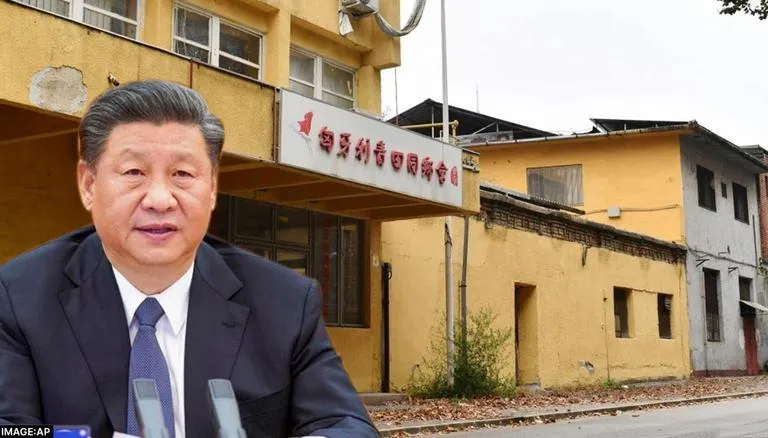According to a human rights group based in Spain, Safeguard, there are over 100 Chinese Overseas Police Stations (COPS) operating in 53 countries across five continents. These stations, established by China-based Public Security Bureaus (PSBs), are responsible for information gathering, influence operations, and repression activities targeting individuals such as criminals, fraudsters, corrupt officials, political opponents, and dissidents, including Tibetans, Uighurs, and anti-China voices abroad.
The COPS are often aided by local Chinese Overseas Home Associations linked to the United Front Work Department (UFWD) to bring individuals back for further investigation. Originally designed to serve overseas Chinese, the COPS were branched out by PSBs amid the COVID pandemic and rising anti-China sentiments that put a restraint on Fox Hunt operations aimed at persuading Chinese fugitives to return “voluntarily”.
The modus operandi of such operations varies from country to country, with few countries in Africa and South America, Myanmar and Cambodia, supporting such operations. The presence of COPS has received backlash from countries such as the US, Canada, Europe, Japan, and South Korea, leading to the closure of a few stations. However, some developing countries choose to remain silent, possibly under Chinese economic and political clout.
In fact, the US Congressional-Executive Commission on China (CECC) has alleged that Interpol was also hand-in-glove with the Chinese on such operations. Similarly, the United Nations Office on Drugs and Crime (UNODC) has also been used for such operations. The scalability suggests that these operations must have the support of central authorities in China, Inside Over reported.
While China claims to offer administrative services to overseas Chinese and combat cross-border fraud as motives of COPS, ulterior motives, besides intelligence gathering and policing include safeguarding the Belt and Road infrastructure projects and exerting cultural and racial influence on overseas Chinese Diaspora, Inside Over reported.
The presence of COPS, spread over five continents, has received backlash from a host of countries mainly the US, Canada, Europe, Japan and South Korea. As a consequence, few stations viz. Dublin (Ireland) and New York (US) have been closed down.
Some measures initiated by other governments include deliberation by the European Parliament to include this topic in the agenda points of bilateral talks with China and a decision to establish a hotline to report threats related to the issue.
However, some developing countries viz., Brazil, Argentina, Ecuador, Hungary and Nigeria choose to remain silent. There is a possibility that the silence of some countries on the issue under Chinese economic and political clout might embolden other Chinese provinces like Guangdong to establish similar police stations abroad.
Recently, China’s top legislative body-The Standing Committee of the National People’s Congress (NPCSC)-proposed the Foreign State’s Immunity Law (FSIL) which would set out the criteria for deciding circumstances in which a foreign government falls under China’s legal jurisdiction.
Through this law, Beijing is looking at allowing foreign governments to be sued in Chinese courts. Now, with so many foreign countries taking countermeasures against COPS, China can well utilize FSIL in advancing its operations, especially in countries that are not favourable.
The international community must come together and oppose such operations vehemently through widespread media attention and a tough stance. Beijing must be held accountable for overreaching its jurisdiction and intimidating its citizens even beyond its borders, opined ANI.

